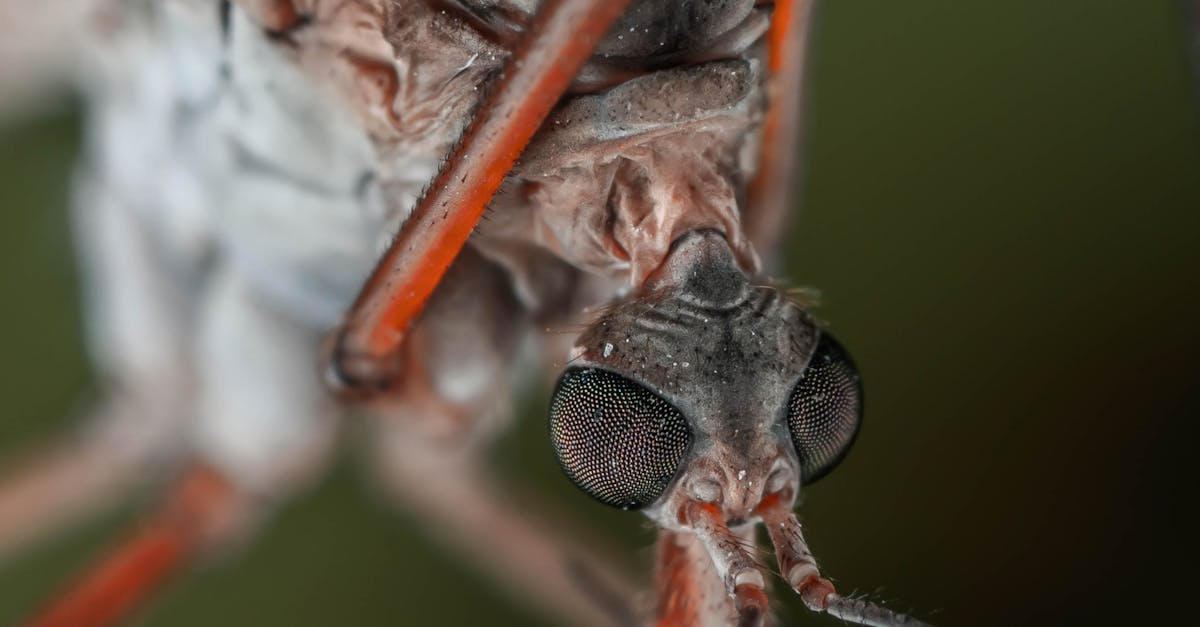The Crucial Role of Predators in Maintaining Ecosystem Balance
Predators play a vital role in maintaining the balance of ecosystems. They are apex predators, which means they have no natural predators within their ecosystem and can regulate the population sizes of other species. This regulation is crucial for preventing any one species from dominating the environment and disrupting the delicate balance of nature.
One of the most significant ways that predators maintain ecosystem balance is by regulating prey populations. When a predator is present in an ecosystem, it creates pressure on its prey to reproduce more quickly and abundantly. This increased reproduction rate can lead to a surge in population growth, which in turn can have cascading effects throughout the ecosystem.
For example, if a wolf is present in a forest ecosystem, it will prey on deer populations. As the wolf population grows, so too does the number of deer being killed. This can lead to an overgrazing effect, where the deer consume more vegetation than they would normally consume. The result is a decrease in plant growth and potentially even changes to the composition of other species that rely on those plants for food.
However, the role of predators extends far beyond just regulating prey populations. They also play a crucial role in maintaining nutrient cycling within ecosystems. When a predator eats its prey, it absorbs nutrients from the prey’s body and then excretes them back into the environment. This process can help to redistribute nutrients throughout the ecosystem, promoting the growth of other species that rely on those nutrients for survival.
In addition to regulating prey populations and nutrient cycling, predators also play a key role in shaping the physical structure of their ecosystems. For example, beavers are known to create wetlands by damming rivers and streams. These wetlands can provide habitat for numerous other species, including predators like otters and wolves.
Despite the many benefits that predators bring to ecosystems, they are often viewed as pests or nuisances by humans. This is largely due to our own cultural biases towards certain animals. For example, we tend to view wolves as aggressive and dangerous, whereas bears are often seen as cute and cuddly.
However, this misconception can have serious consequences for ecosystem health. By eliminating predators from an ecosystem, we risk disrupting the delicate balance of nature and potentially leading to catastrophic consequences. For example, if we were to eliminate all wolves from a forest ecosystem, it could lead to an overpopulation of deer, which in turn could cause overgrazing and changes to the composition of other species.
In conclusion, predators play a vital role in maintaining the balance of ecosystems. They regulate prey populations, maintain nutrient cycling, and shape the physical structure of their environments. It is essential that we recognize the importance of these apex animals and work to protect them from extinction.
By preserving predator populations, we can help to maintain ecosystem health and ensure the long-term sustainability of our natural world. This requires a multifaceted approach that involves conservation efforts, education, and policy changes. By working together to protect predators, we can help to preserve the beauty and wonder of nature for future generations.
